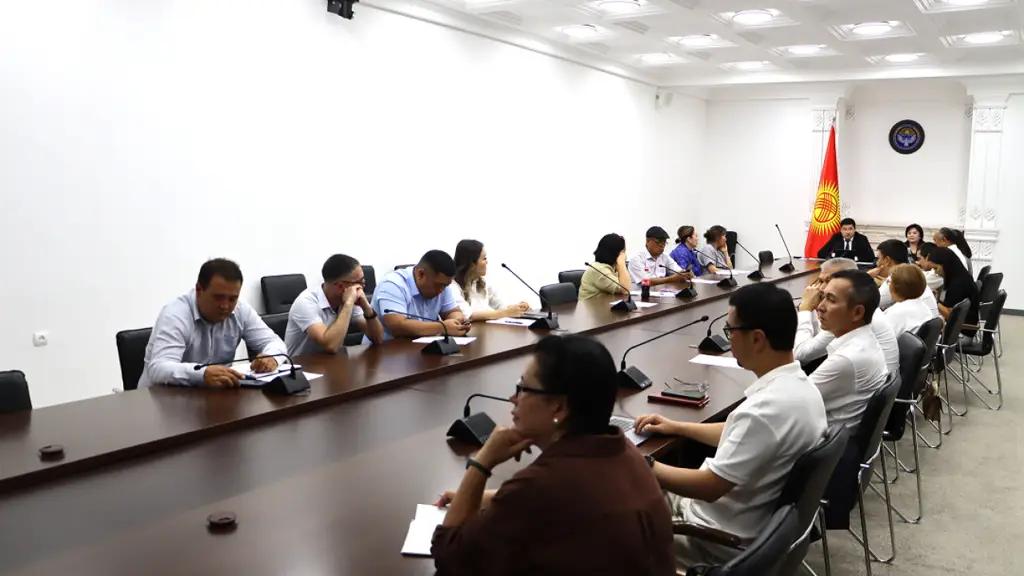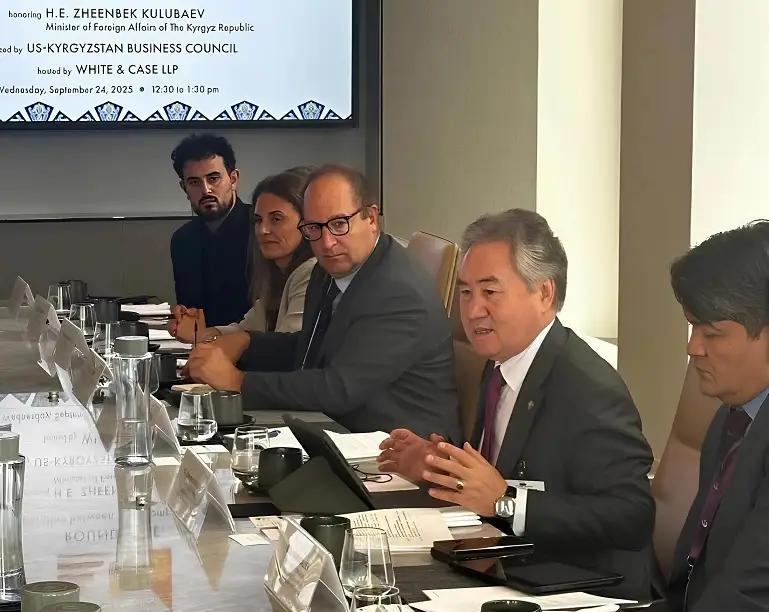
Published
08/28/2025, 12:15The Ministry of Economy and Commerce, in collaboration with the country's leading industrial enterprises, is launching a strategic initiative to prepare Kyrgyz industry for a low-carbon future as part of the updated Nationally Determined Contribution (NDC 3.0).
Amid growing pressure from international markets, the introduction of cross-border carbon regulations such as CBAM in the EU, and the exacerbation of domestic climate risks — glacier melt, water shortages and increasingly frequent natural disasters — Kyrgyzstan is making a strategic choice to modernise its industry, reduce its technological backwardness and increase the sustainability of key sectors of the economy.
The NDC 3.0 project involves the creation of a digital platform for accounting and monitoring greenhouse gas emissions, the development of a transparent climate reporting and verification system, and the introduction of modern low-carbon production standards.
In addition, the initiative includes support measures for businesses: preferential financing and tax incentives for the transition to clean technologies, the creation of a clean technology industrial park and demonstration centre, and the launch of educational programmes on decarbonisation and climate management — so that every company can effectively and consciously reduce its carbon footprint.
The Ministry of Economy and Commerce notes that even though Kyrgyzstan's contribution to global emissions is minimal, our industry is already feeling the effects of climate change — from reduced water resources to threats to exports. It is now that these challenges are turning into strategic opportunities for sustainable and modern development.
The pilot phase of the project will start in 2025 and will cover 20 industrial enterprises in the most carbon-intensive sectors, including the production of building materials and the food industry.
NDC 3.0 will be a key tool for integrating Kyrgyzstan into the global low-carbon economy and will open up access to international climate finance, technologies and best practices in sustainable production.



